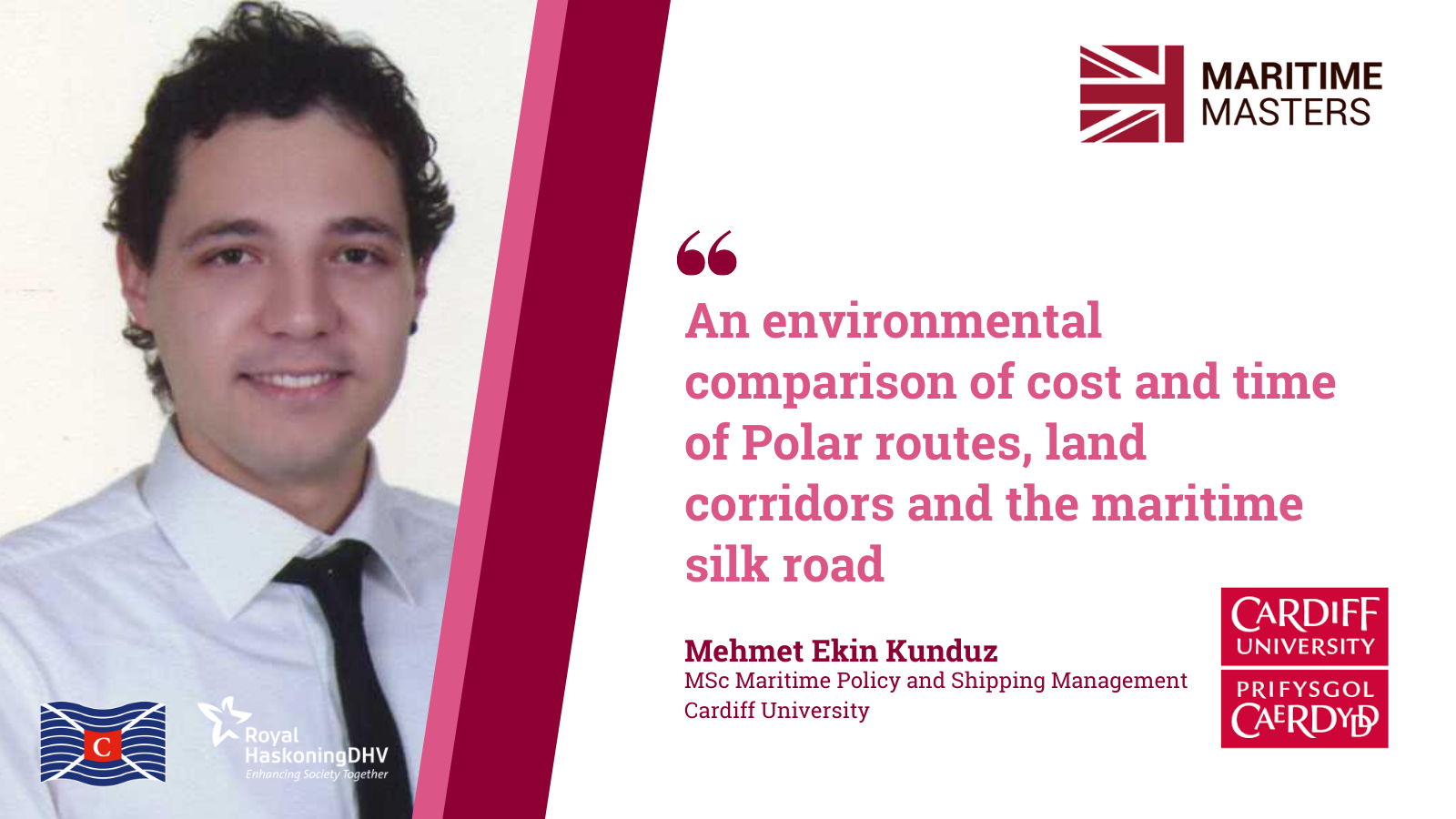Mehmet Ekin Kunduz

Biography:
I worked on different aspects of the maritime and transportation sector since I have graduated from university in 2011. By working as Maritime Surveying Engineer I gain a keen vision of national and international regulations. Inspecting ships on behalf of flag/port state and certifying ships and ports gave me a great perspective about national and international policies how could be a good or bad practice.
Before I was a Maritime Surveying Engineer, I had worked as an oceangoing watchkeeping officer for three years. I have learned about the life at sea, the struggles that seafarers get over with, the communication between port authorities and ship officers. I had a chance to visit more than forty countries while I was on board. I observed the challenges between all the parties related to maritime. Then, I have started teaching maritime. During this period, I learned a lot about maritime education which is one of the most important aspects of maritime.
Introduction to research:
The purpose of writing this dissertation is to determine the most efficient route that can be used in container transportation between Asia and Europe in this period when new trade routes are emerging. To determine this, Wuhan and Munich selected as sample cities. The reason for determining these cities is that they are equidistant from all four main transportation routes. When Hamburg or Shanghai picked, the sea routes, when Xi'an, Chongqing, Duisburg or Warsaw decided, the railways and when South China or a city in the Mediterranean chosen, the maritime route via the Malacca and Suez, would have an advantage against the others. This essay examines the four different transportation routes in the means of cost/distance-time and environmental effects. For this, tables and graphs are created by applying Beresford's cost model as many multimodal studies did. Additionally, this paper explores how current and future developments can affect these values. And finally tries to understand what will be the future pattern of Asia-Europe trade.
What is your interest in or the practical applications of this research?
The change of trade routes has led to radical political, economic and social changes throughout history. It even changed the shape of the world map. The developments we are currently experiencing are once again signalling that we are on the edge of such a change. The investments of Russia, China, Canada, Scandinavian and Northern European countries on the polar route, which drastically shorten the distance between Asia, which is the centre of production, and Europe and East of North America, are indicative of this. The land bridge, the other newly formed trade route, is not only a reliable and fast alternative with its developed infrastructure but also an important complementary element with its structure reaching areas far from the sea. Maersk's regular freight train service from China to Europe is an indication of the importance of the route.
Countries and companies have started to take their steps gradually in the face of developments. Similar studies can shed light on the future for all parties to take their correct positions in the new order.
Why did you choose maritime as your area of study and research?
I have always accepted the maritime industry, which I have been involved in with great enthusiasm in 2006, as a part of my life and an important shaper of my personality. One of my most important motivations is to contribute to this sector which I work in many different aspects. In today's world, where development experienced without interruption, the possibility of having a role in adaptation of maritime to these changes is the most important reason that pushes me to pursue a master's degree in this field. In addition to these, in the maritime world I entered as a student, I have developed insights by acquiring important knowledge on the ship as an officer, in schools as an instructor and in ports as a surveyor. If there is one sector that I can claim that I know inside and outside, it is the maritime sector. At the end of all this, it is clear for me that studying maritime is not a choice but a part of the route I am on.
